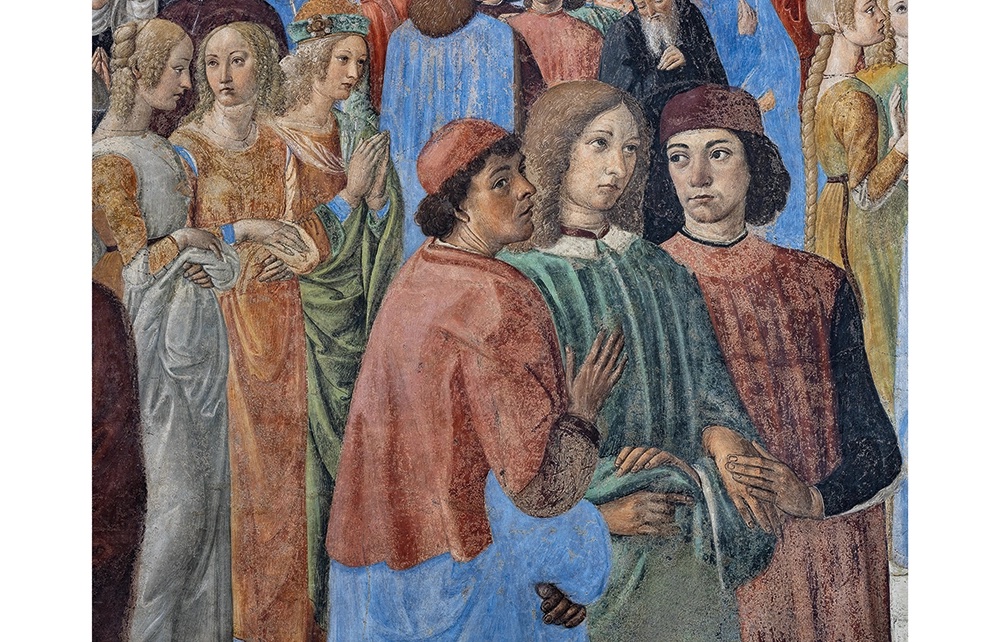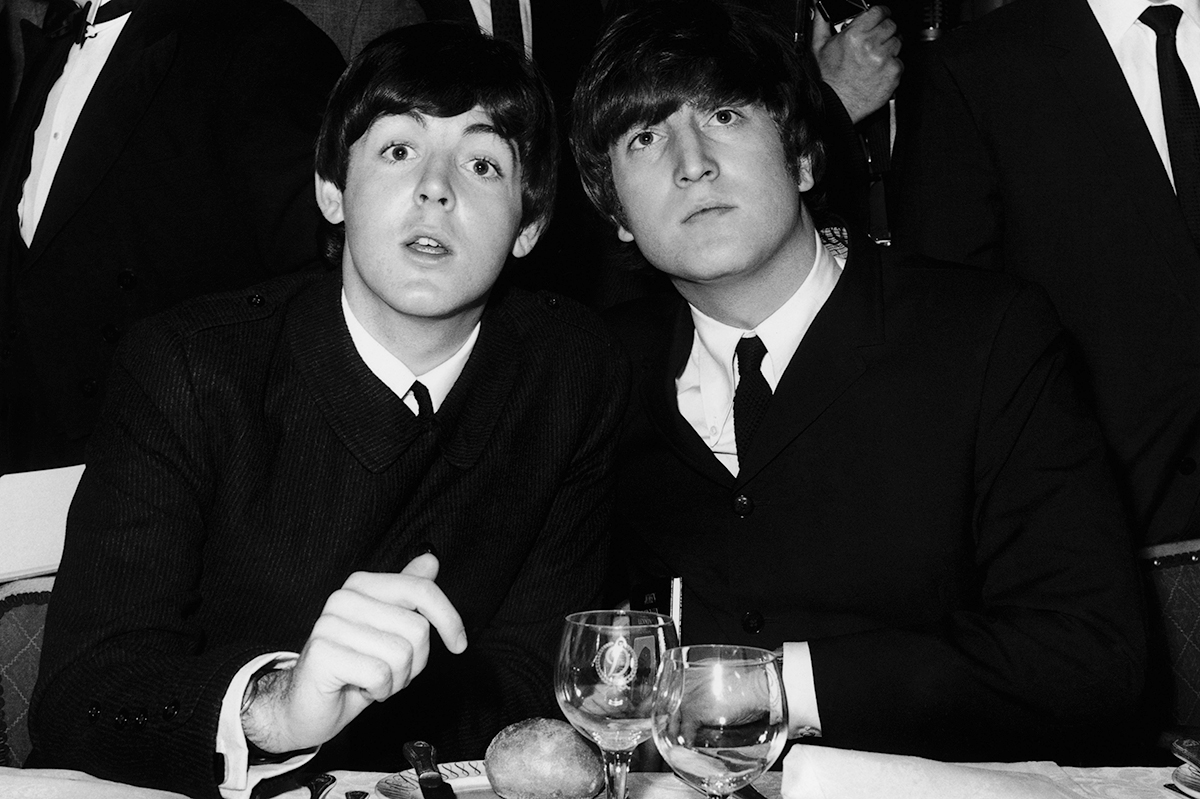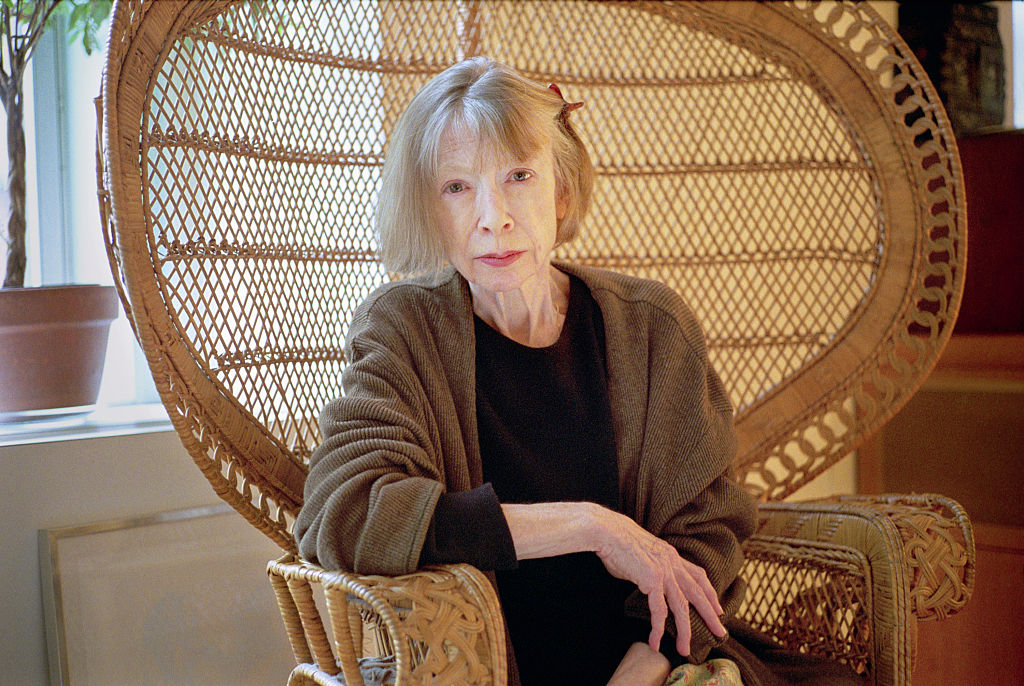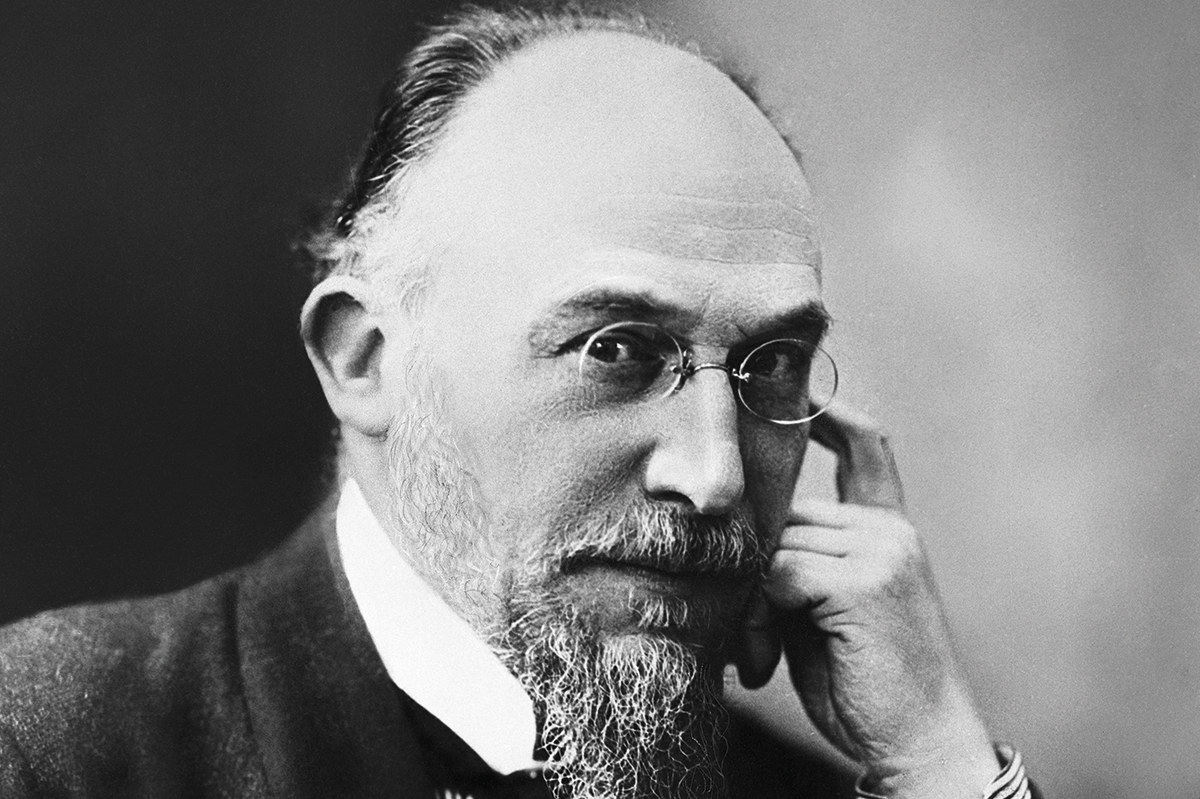One rather surprising fact emerges from a history of humanism: most humanists were nice people. This might, on the surface, appear a totally fatuous observation. There is not much value in debating whether, say, architects, chancellors of the exchequer, engineers, surgeons or gardeners have been obviously nice people, and we would roll our eyes if a reviewer started speculating whether Wagner or Dickens were personally agreeable. But perhaps humanists are in a different category.
The hostile divide between religion and free-thinking rose to a height in the mid-nineteenth century
There is little doubt that those writers and thinkers of the past who placed humanity rather than divinity at the center of their investigations and moral conclusions were consistently more decent, generous and kindly than their contemporaries. We think of Erasmus, with his detestation of cruelty and his advocacy of considerate manners; of Montaigne’s boundless bubbling curiosity; of Pico della Mirandola’s beautiful idea of man freely choosing, among possible qualities, “the free and extraordinary shaper of [him]self”; and of David Hume’s celebrated charm, married to an iron sense of principle. Hume’s exquisite likability is summed up in his beautifully wry last words: “I am dying as fast as my enemies, if I have any, could wish, and as easily and cheerfully as my best friends could desire.”
These were, after all, people whose chosen field of study was morality, and whose conclusions shaped conspicuously agreeable people. Would it be possible to find a similar high standard of behavior and amiability among another group of people devoted to ethical behavior — theologians and the clergy? From Savonarola to Cardinal George Pell, I rather doubt it. Are we presented here with a choice between — as in Iris Murdoch’s title — The Nice and the Good? Perhaps niceness here is a reasonable standard of judgment on individual thinkers and writers.
Humanism is a difficult subject for single study. Its central contention, that the human animal is the primary object of our interest, resulted in advances in very different areas, from architecture to surgery. T.H. Huxley contended that the study of human physiology was the best foundation for education of any kind: “There is no side of the intellect which it does not call into play.” This is a bold claim; and though it could be argued, for instance, that the practice of medicine, from Keats to J.G. Ballard, has incidentally produced more great writers than any other field, it only holds up with a great deal of strain and ingenuity. Whether the exploration of anatomy through dissection or the skeptical revival of interest in the classics contributed more to the explosion of humanistic learning in late medieval Italy will never be decisively answered.
The systematic study of humanity started to expand its field of interest once it spread beyond Renaissance Italy. The Bavarian writer Conrad Celtis, born in 1459, not only explored the history of German thought but dwelt on the idea that it was our job to “learn something of the various peoples of the world and their different languages and customs.” Montaigne’s curiosity (followed by such proto-anthropologists as Richard Burton in his The Anatomy of Melancholy) sprang from the rediscovery of human variety, given proper license by the classical tag Montaigne inscribed on the ceiling beams of his tower library: Homo sum, humani nihil a me alienum puto (“I am a man, and consider nothing human alien”). As Sarah Bakewell rightly points out, this humanistic principle led directly to the creation of the novel, whose practitioners have never found much use for the divine.
Not all humanists were atheists, or even unorthodox believers — Erasmus was devout — but the pressure to distinguish between what human beings actually are and what a religious believer might think them destined to be was always going to be difficult to sustain. The hostile divide between religion and freethinking humanism erupted in the eighteenth century, rising to a height by the mid-nineteenth. At first, religion had legal sanction on its side, supporting active censorship. But that sanction, it might be argued, actually had the effect of stimulating counter-statements. England in the eighteenth century produced not only the civilized contentions of Hume but also a very lively trade in obscene blasphemies, often centering round the Hellfire Club and John Wilkes — another personal charmer.
By the beginning of the nineteenth century, the principles of humanism were essentially unassailable, though some thoughts of advanced thinkers would not reach a wide audience for decades (in the case of Mary Wollstonecraft), or even centuries. Jeremy Bentham’s 1814 paper, Of Sexual Irregularities, arguing in favor of what Bakewell boldly calls “LGBTQ+ rights,” was not published until 2014. By the end of the century, after Darwin, the argument was over — and, as an interesting side development, humanists were as free to be as utterly disagreeable as anyone else.
Humanly Possible is a spry, enjoyable canter through a huge and unquantifiable subject. Bakewell has a contagious enthusiasm for many of these likable figures, and has chased humanism into some interesting and under-considered areas. Much of the debate in the nineteenth century was carried on in the form of novels, and though the place of religion and religious doubt in the fiction of the time is a subject in itself, it is very good to see the importance of Mrs. Humphry Ward’s Robert Elsmere explored, with its agonizing over atheism.
Bakewell takes on the worthwhile task of discussing communities which have been previously neglected, asking what women achieved through humanism, and rightly restoring the anti-slavery movement to its position in at least some humanistic thought. I would have welcomed more on the rise of humanism outside western Europe. We might, for instance, have been given a broader sense of how secular ideals were occasionally co-opted by military regimes. Bakewell has some good suggestions about the problems of humanism when presented with real systematic brutality. The secular, however, was not always a firm opponent of such cruelty.
She can be slapdash about details. When E.M. Forster had his famous encounter with Edward Carpenter, Carpenter’s boyfriend, George Merill, certainly didn’t “slap him playfully on his behind.” Forster said: “Merrill also touched my backside — gently and just above the buttocks… it seemed to go straight through the small of my back into my ideas, without involving my thoughts.” A very different thing. She is right to remind us of the ongoing significance of humanism in different parts of the world; but it’s not quite correct to say that Pakistani humanists are threatened with death for their specific beliefs — such as the student Mashal Khan in 2017. From the point of view of the religious fundamentalists, the crime is not the philosophical belief, but the act of apostasy. A Muslim who became a Christian would be under the same threat, but a western humanist would be in no danger.
Occasionally, I felt that a strand was being neglected — the role of humanism in the rise of capitalism, for instance, is surely worthy of investigation. And certain things are skated over. The international language Esperanto may be a humanist endeavor, but there is nothing intrinsically humanist about the concept. The other famous artificial language, Volapük, not mentioned by Bakewell, was invented and kept going by Catholic priests, who of course had Latin as their own international lingua franca.
Nevertheless, this is as enjoyable as Bakewell’s previous books (on Montaigne, and the Existentialists): a jolly and readable skate through a large swathe of philosophical thought and practical endeavor. She also passes a couple of my personal tests, being keen on Arthur C. Clarke’s marvelous novel Childhood’s End, and having a good sense of humor. How wonderful that Victorian humanists thought it important to write hymns of a secular sort for their gatherings — “Hail to Thee! Hail to Thee! Child of Humanity!” Languishing in the archives must surely be all manner of dim Victorian secular oratorios on humanist themes, with harmoniums creaking away in the background. The thought is perfectly irresistible.
This article was originally published in The Spectator’s UK magazine. Subscribe to the World edition here.

























